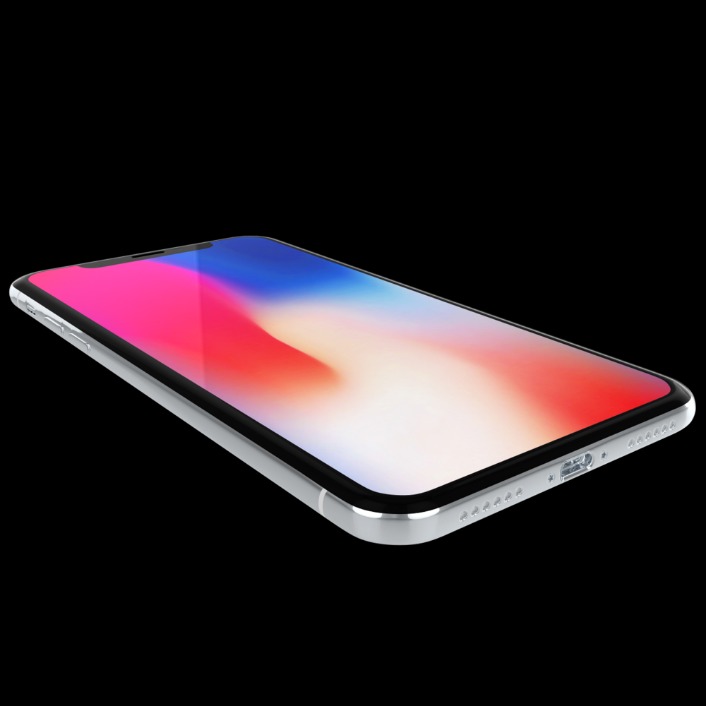The conversation around device monitoring has grown louder as families, schools, and businesses weigh safety against privacy. Many people search for spy apps for iphone with goals like safeguarding minors, auditing company-owned devices, or recovering lost phones. Yet the topic demands careful handling—legality, consent, and ethics come first.
For impartial reviews of spy apps for iphone, consider independent, research-based resources and always verify local laws before using any monitoring tool.
When Monitoring Is Appropriate—and When It’s Not
Responsible use centers on consent, proportionality, and legitimate purpose. Monitoring should never be used to intrude on someone’s private life without clear, lawful permission.
- Parents/guardians overseeing minors in their care
- Organizations monitoring company-owned devices with prior written consent
- Individuals auditing their own devices for backup, security, or digital wellbeing
- Lost-device recovery and asset protection in compliance with law
Stealth surveillance of adults without consent is illegal in many jurisdictions and often violates platform rules. It can also put your data—and relationships—at risk.
What These Tools Promise (and What iOS Limits)
Vendors advertise a mix of features, but iOS’s security model restricts broad, silent data capture. Capabilities vary widely by app, device ownership, and permissions granted:
- Location insights and geofencing alerts
- App usage dashboards and screen-time metrics
- Web filtering and browsing activity reports (within policy and permissions)
- Call/SMS logs or messaging metadata (often limited; content access is constrained)
- Content safeguards such as keyword alerts or blocked categories
Why iOS Resists Deep Monitoring
Apple’s sandboxing, permission frameworks, and secure hardware are designed to prevent silent background data extraction. Many sweeping claims about spy apps for iphone overlook these protections. Expect trade-offs: tools that respect platform rules typically focus on accountability and safety rather than covert surveillance.
How to Evaluate a Monitoring Vendor
- Legality first: Confirm your use case is lawful where you live and obtain written consent when required.
- Transparency: Clear documentation on what data is collected, stored, and shared—and where.
- Security posture: Encryption in transit/at rest, breach history, third-party audits, and data retention limits.
- Data minimization: Only collect what you need; disable modules you won’t use.
- Platform compliance: Solutions that work within iOS policies tend to be more reliable and safer.
- Support and refunds: Honest marketing, realistic feature lists, and accessible support channels.
Healthier Alternatives to Surveillance
Before turning to monitoring software, consider options that foster trust and safety:
- iOS Screen Time for app limits, content filters, and downtime
- Family Sharing and Find My for location and device safety
- Mobile device management (MDM) for company-owned iPhones with clear policies
- Open-dialogue agreements for families and teams with mutually understood boundaries
Consent, Disclosure, and Data Care
Set expectations in writing, disclose monitoring scope, and provide access to policies. Store any collected data securely, restrict who can view it, and periodically review whether monitoring remains necessary. If circumstances change, turn it off.
Brief FAQs
Is it legal to use monitoring software on someone else’s iPhone?
Legality depends on jurisdiction and ownership. Monitoring a device you own for a minor in your care or a company-owned device with informed consent is often permitted. Secretly monitoring another adult’s personal phone is typically illegal.
Do these tools work without the user knowing?
iOS is designed to prevent truly covert monitoring. Any solution that claims full, invisible access should be treated with skepticism and likely violates policy or law.
Will I need to jailbreak?
Reputable approaches avoid jailbreaking due to security, warranty, and compliance risks. Jailbreak requirements are a red flag.
What features are realistic on iOS?
Expect location, screen time, app usage, content filters, and sometimes limited messaging or call metadata—within permissions. Full message contents across third-party apps are typically not available.
How can families balance safety and privacy?
Use transparent tools, set clear rules, review settings together, and emphasize education over surveillance. Adjust controls as trust grows.
Handled responsibly, searches for spy apps for iphone can lead to safer, more mindful device use—not secret surveillance. Start with legality and consent, prioritize transparency, and choose tools that respect iOS security and human dignity.


